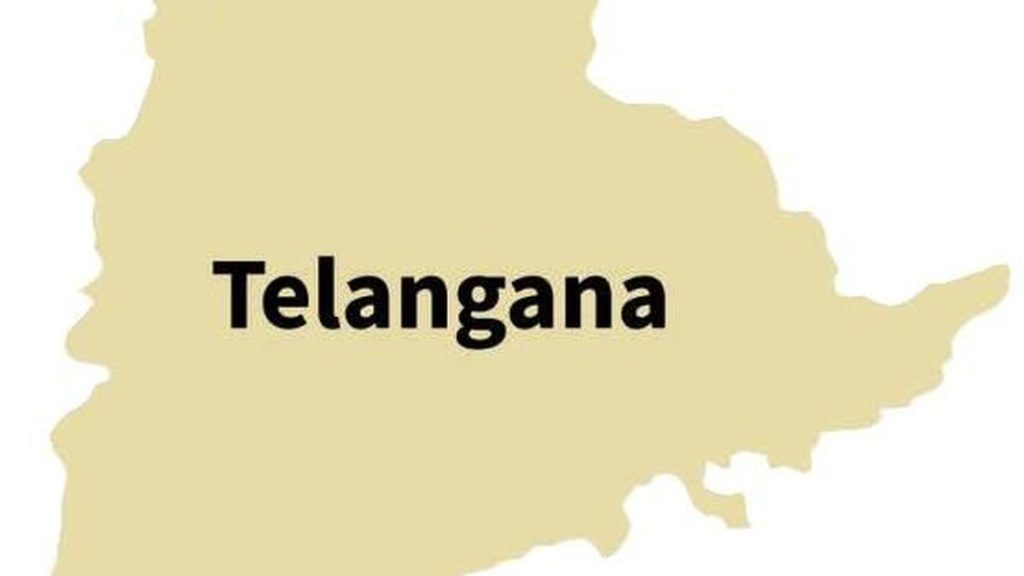Now Reading: Maharashtra Forms Panel for Leprosy Eradication Drive
-
01
Maharashtra Forms Panel for Leprosy Eradication Drive
Maharashtra Forms Panel for Leprosy Eradication Drive

Quick Summary:
- the Maharashtra Public Health Department will form a State-level committee for the implementation of the leprosy eradication program.
- The committee will include experts,doctors,NGO representatives,and individuals working in leprosy eradication.
- Reports on the programme’s progress will be submitted to the State government every three months.
- Nationalist Congress Party (NCP) MLA Sulabha Khodke and NGOs demanded increased grants for this programme.
- An independent body under the Health Services Commissioner will monitor patient search campaigns, treatment methods, and rehabilitation efforts.
- Currently:
– 2,764 beds exist across 12 voluntary hospitals treating leprosy patients.
– 1,825 beds are approved in 11 rehabilitation institutions.
– Subsidy per bed: ₹2,200/month for hospital-based institutions; ₹2,000/month for rehabilitation institutions.
- A proposal has been submitted by the Public Health Department to increase these subsidies to ₹6,000 per bed/month; awaits Finance Department approval before Cabinet deliberation.
- Detection methods emphasized: Asha workers’ engagement,school health programs,and ground-level health worker participation.
!80/IMGiStock-458566037216HBNP29J.jpg”>Image Caption
indian Opinion Analysis:
The formation of a dedicated State-level committee highlights Maharashtra’s intent to address persistent challenges associated with leprosy eradication comprehensively. With experts and community stakeholders collaborating closely with government agencies like the Health Services Commissioner’s office on detection campaigns and better treatment approaches-there is potential for improved public health outcomes if implemented effectively. Increasing subsidies from ₹2,200-₹6,000 per bed would align resources more closely with operational needs faced by healthcare providers tackling a challenging disease.
However well-directed these initiatives may seem on paper-their success hinges heavily on timely allocation of funds amid bureaucratic processes that may delay policy execution at scale. Focused reliance upon entities like Asha workers underscores grassroots significance yet also necessitates strong training frameworks empowering first-in-line defenders tackling accessible detection vital rates!
Read more here.

























